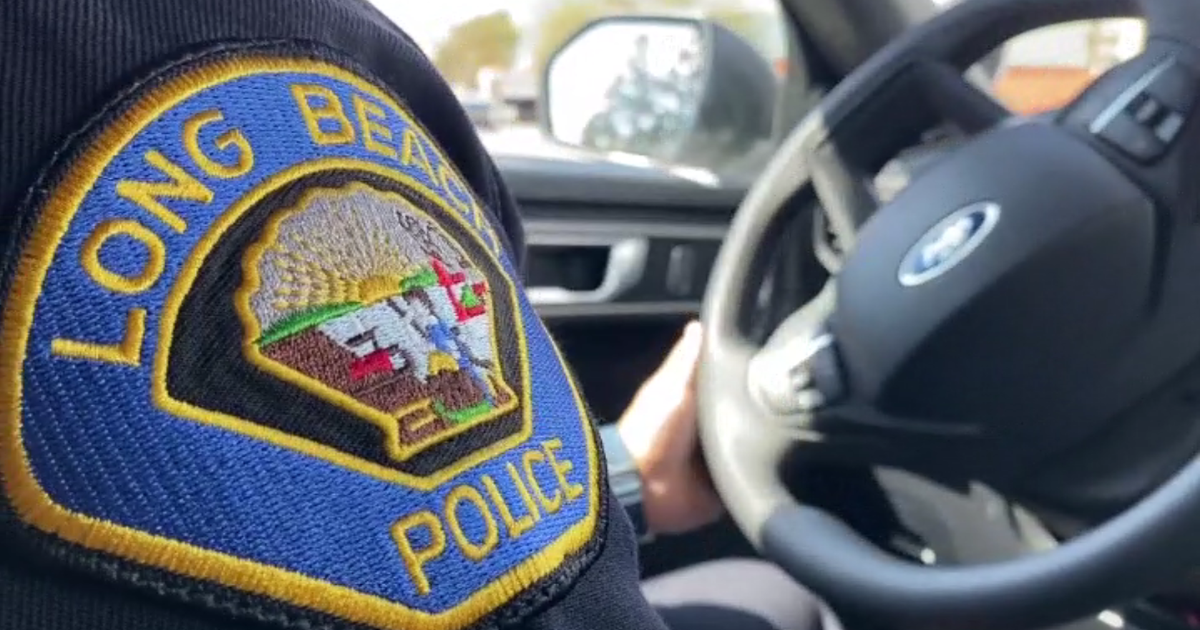Another thing for small businesses to worry about: A phony Paycheck Protection lender
Small business owners trying to stay afloat as the economy reels from the impact of the coronavirus can add another worry to the list: shysters pretending to be affiliated with the federal government's flagship relief program. In fact, a good number may already have been left empty-handed by applying for what they believed to be Paycheck Protection Program, or PPP, loans offered by the U.S. Small Business Administration.
Ponte Investments of West Warwick, Rhode Island, is an example of the bad actors allegedly preying on businesses as they seek PPP loans, according to an alert issued by the Federal Trade Commission. An complaint filed by the agency earlier this month alleges the firm and its owner, John Ponte, deceived small businesses into thinking it was tied to the $349 billion SBA program.
The FTC said Ponte would call small businesses claiming to be an SBA representative and advise them to apply for a PPP loan, while touting the investment firm's "SBA Loan Program" and website, "SBAloanprogram.com. Emails would follow, saying things like: "We are the SBALoanProgram.com and as mandated by the SBA, getting approved is easier than ever!," the agency noted.
"In this time of incredible challenge for all Americans, it is disturbing to see these defendants preying on desperate businesses looking for ways to keep their employees financially secure," FTC Chairman Joe Simons said in a statement.
In its filing, the FTC asks a federal court in Rhode Island to order the defendants to immediately stop representing themselves as associated with a federal agency or an authorized SBA lender.
The FTC has reported a flood of scams related to the coronavirus. The agency advises business owners go to sba.gov/coronavirus for information about PPP loans, and also offers the following tips:
- If you get an email that looks like it's from the SBA or your bank, don't click on any links. Instead, go directly to the organization's website for information.
- The government will not ask you to pay up front and it won't call to ask for your Social Security, bank account or credit card number.
- Be cautious about companies that offer to expedite or facilitate your ability to get PPP loans. If you're considering using an online provider or lender, stick with those you already know and trust. Be wary of companies you've never heard of or that call or send you emails out of the blue.




